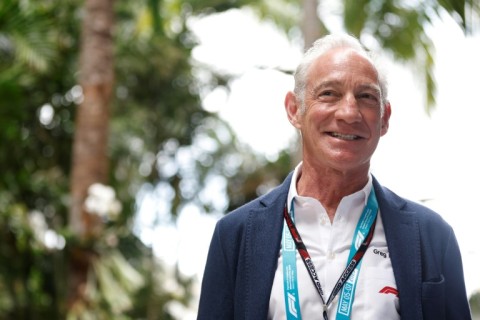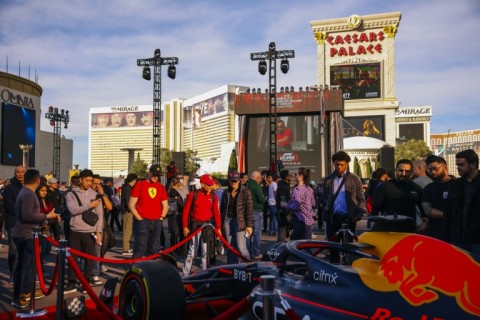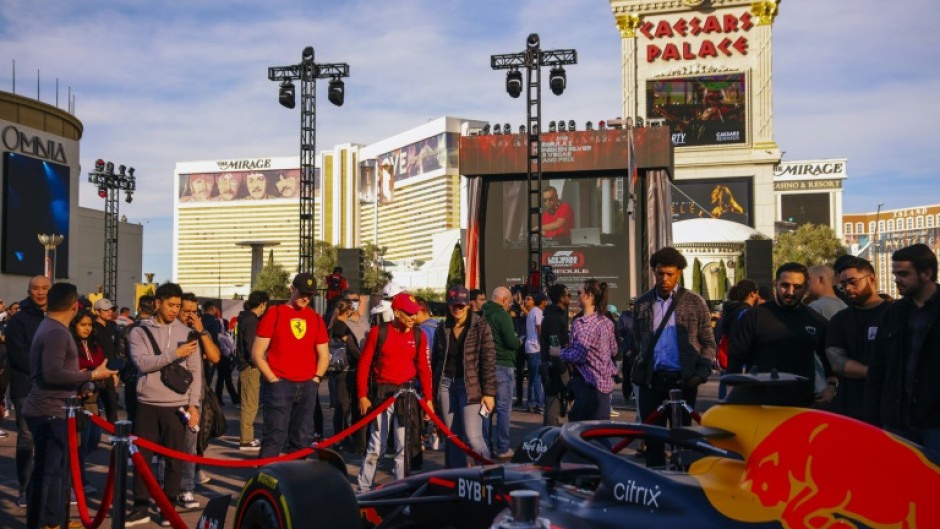
PARIS - Formula One teams are set to start talks with the sport's governing body and owners on a new collective agreement with wrangles over a number of thorny issues expected as the sport faces up to the price of success.
The current Concorde Agreement, between the three parties, runs until 2025 and often deals have only been secured at the last minute or after a period without a formal agreement.
But Greg Maffei, chief executive of Liberty Media, the American owners and rights holders of Formula One, said last week that he wanted to begin talks now.
Maffei's comments on an investor's call were well received by teams at the Miami Grand Prix, who saw no reason not to get down to business ahead of schedule.
"We haven't really started talking properly but that's going to happen soon," said Mercedes team principal Toto Wolff, who hopes the talks will be kept behind closed doors.
"It should happen in a constructive way, not maybe live-broadcasted and creating controversy," he said.
Given the history of the usually very public debates around the Concorde talks, that may be wishful thinking from the Austrian, however.
While F1 is enjoying a boom, enhanced by the success of the Netflix series 'Drive to Survive' and strong growth in the United States, that very popularity is creating new issues that the talks will need to resolve.
There are understood to be several groups keen to enter the sport with established US motor sport operation Andretti teaming up with General Motors to propose an Andretti Cadillac Team.
That bid is being headed by Michael Andretti, a former F1 driver and son of Mario Andretti, F1 world champion in 1978.
The Andretti family's rich history in motor racing combined with General Motors and the Cadillac brand, makes the proposed team an attractive proposition but as always in F1, there will be wrangling over the money.
Currently the 10 teams divide up the 'prize fund' between themselves and the existing agreement calls for a 'dilution fee' of $200 million to be paid by any new entry.
- Saturation point? -

"As with all these things though, it ultimately boils down to, 'Well, who's going to pay for it?' And you can assume that the teams, if they're perceived to be the ones who are paying for it - or diluting their payments to accommodate it — of course it's not going to sit that well," said Red Bull team principal Christian Horner at the weekend's Miami Grand Prix.
"The two teams that are supporting it (McLaren and Alpine) either have a partnership in the US with them, or are going to supply them an engine. The other eight are saying, 'Well hang on, why should we dilute our element of the prize fund?'"
It would be no surprise if the teams push for the entry fee to be raised significantly in the new agreement which could make the timing of the Andretti, or any other new team, arrival highly contentious.
Formula One CEO Stefano Domenicali hinted recently that the fee could rise, noting that the $200 million fee was set before the boom in the value of the sport.
"At that time no one would have expected that the value of this business would rise up so much," he told investors in April.
"Today the situation is totally different, for sure. And it's our duty to make sure that we protect the business the best way that we can, and have a bigger picture," he said.
Some media reports have said the teams want to see the fee raised as high as $600 million.
The other big issue on the agenda for the talks is the number of races with F1 now at a record 23 events in the season with November's Las Vegas Grand Prix added to the circuit.
This season would have reached 24 races if the Chinese Grand Prix in Shanghai had returned and while there are also no shortage of potential venues pushing for an event, the teams have been vocal in insisting the sport is at its limit.
"I think we need stabilization in my opinion. The amount of races...don't do more, stabilize where we are now," Haas team principal Guenther Steiner told AFP at the launch of the Vegas race in November.
Red Bull's Horner returned to that issue ahead of Miami saying that "23 races is a gruelling schedule for everybody on the travelling team… we are at the point of saturation."
Horner floated the idea of rotating some venues and while it is not clear whether the calendar will be part of the Concorde deal, it is bound to loom over the upcoming negotiations.

